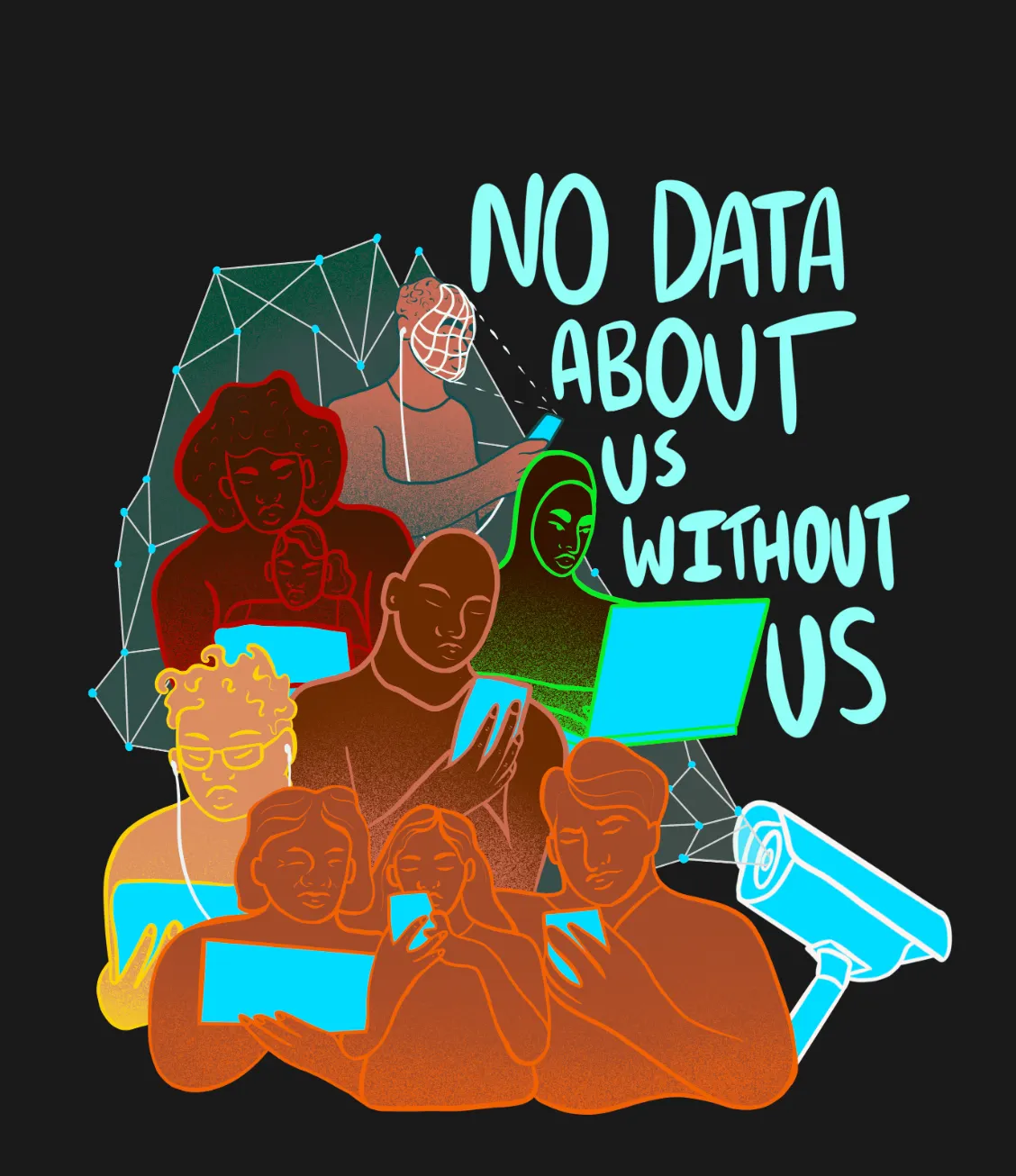New Report by Edgelands Institute - Medellín: A Global Example of Surveillance and Urban Regeneration
Medellín: Reflections on the Intensive Use of Technologies for Urban Security, authored by Sara Arango Franco, María Camila Roldán, Maria Andrea González, and Juan Sebastián Aristizábal, delves into the city’s extensive deployment of security technologies.

Illustration: Flávia Lozano
Medellín is a worldwide reference in the use of surveillance technologies. Its narrative is one of overcoming adversity in terms of security and of being an example in urban regeneration processes, and there is a clear intention to position the city as a success story in public management and the use of digital technologies. Medellín has become a hub for security technologies (surveillance cameras, license plate recognition, drones, helicopters, among others), which not only entails intensive economic investments, but also the development of mechanisms for information collection and use, with little space for discussion, transparency and little (or no) explicit regulation in this regard.
Medellín: Reflections on the Intensive Use of Technologies for Urban Security, authored by Sara Arango Franco, María Camila Roldán, Maria Andrea González, and Juan Sebastián Aristizábal, delves into the city’s extensive deployment of security technologies. From surveillance cameras and license plate recognition systems to drones and helicopters, Medellín has invested heavily in creating a robust security infrastructure.
The report highlights not only the economic implications of such investments but also the mechanisms developed for information collection and usage. Despite the technological advancements, the authors point out a critical gap in the discussion about transparency and regulation. The integration of these technologies has largely proceeded without significant public discourse or clear regulatory frameworks, raising important questions about privacy and civil liberties.
After three years of immersive research, dialogue, and artistic engagement in Medellín, the Edgelands Institute’s findings offer valuable insights for other cities grappling with similar challenges. To explore the full report and its detailed findings, visit the Edgelands Institute website.



